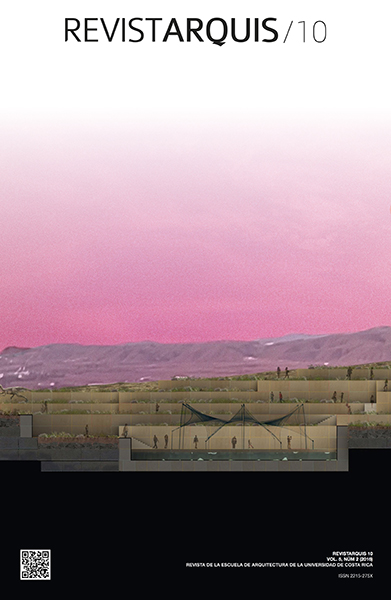Abstract
This paper analyzes the opportunities of Costa Rica to implement planning strategies for large urban sectors. This kind of planning takes place between municipal planning (local government) and specific (urban) projects, in which case, replaces the quite known but difficult to apply “master plan”. The current patterns of urban development and real estate in Costa Rica, prevent an integrated approach on large urban sectors. The lack of commercial advantages of the traditional urban development versus the gated community has provoked that large sectors of the city have been intervened as closed environments. The consequences of this very profitable and institutionalized practiceare the overload on existing urban areas and the deficit of public facilities, which are necessary for an adequate urban growth. The urban renewal concept, unexplored but present in Costa Rican urban regulations, sets up the ground rules for the approach to large urban areas, also known as partial plans.

